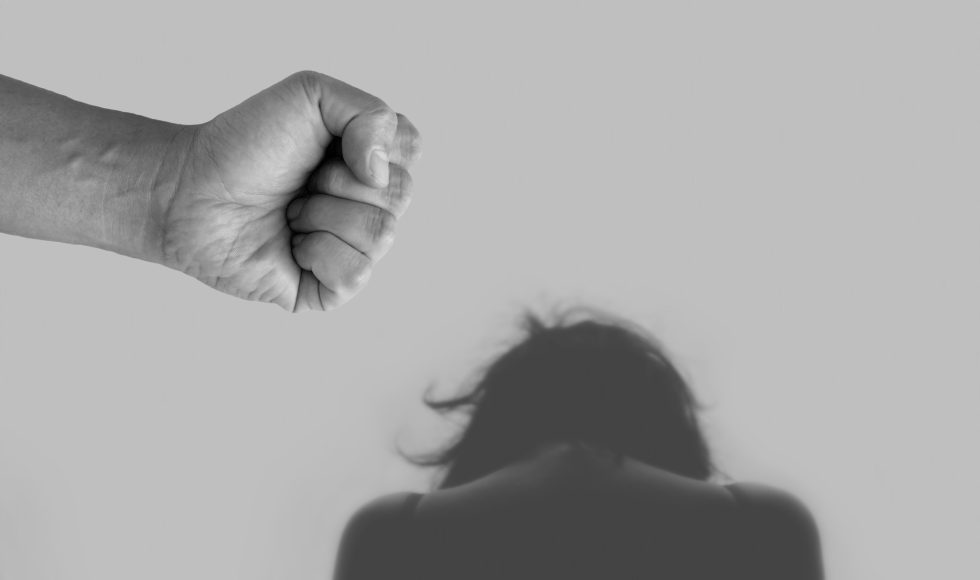Violence Against Women: A Global and Regional Challenge
Violence against women remains one of the most prevalent and persistent human rights violations worldwide, despite ongoing efforts at local and international levels to combat it. This issue takes on even greater significance as the world commemorates the International Day for the Elimination of Violence Against Women on November 25 each year. This observance sheds light on the challenges women face globally, particularly in the Arab world, where women are still subjected to complex forms of violence, stemming from political, social, and armed conflict-related factors.
Forms of Violence Against Women in the Arab World
1. Political and Institutional Violence
In many authoritarian regimes across the Arab world, violence against women is weaponized to suppress their voices and prevent them from participating in public life. In countries like Syria and Egypt, female activists have faced systematic policies of intimidation, imprisonment, and even physical and psychological abuse to stifle their calls for civil rights. Charges such as “disturbing public order” or “violating moral values” are often used to justify these oppressive practices, creating a hostile environment for women’s rights advocacy.
2. Violations Under Israeli Occupation
In Palestinian territories and Lebanon, women endure compounded suffering under Israeli occupation. They are subjected to arbitrary arrests, humiliating interrogations, and, in some cases, sexual violence. Furthermore, systematic attacks on infrastructure deprive women of their basic rights to health and education, forcing them to live under dire humanitarian conditions.
3. Domestic and Societal Violence
Domestic violence remains one of the most widespread forms of abuse in the Arab world. Women suffer from physical abuse, sexual coercion, and financial deprivation within families. The situation is exacerbated by the absence or weak enforcement of protective laws. Additionally, societal violence, such as workplace harassment and street harassment, limits women’s freedom and forces them to live in constant fear.
4. Human Trafficking and Forced Marriage
Some Arab countries have seen an increase in cases of human trafficking, where women are exploited through forced labor or sexual slavery. Early and forced marriages remain significant challenges, as young girls are compelled to leave education and enter marriages that violate their rights to choice and independence.
Violence in Conflict Zones
In conflict-stricken countries like Sudan, Yemen, Syria, and Libya, women face heightened risks of violence due to deteriorating humanitarian conditions. Sexual violence is often weaponized in these contexts, and women are deprived of basic needs such as food and healthcare. Mass displacement and refugee conditions further expose women to harsh living situations, increasing their vulnerability to violence and exploitation.
Mechanisms for Protection and the Role of the International Community
1. International Agreements
International treaties and agreements have played a crucial role in protecting women’s rights. Key instruments include:
- – The Convention on the Elimination of All Forms of Discrimination Against Women (CEDAW): A cornerstone for promoting gender equality and criminalizing violence against women.
- – The Declaration on the Elimination of Violence Against Women (1993): Emphasizes state responsibility to enact legal frameworks to combat sexual and domestic violence and ensure women’s legal protection.
2. Regional and Local Efforts
Despite shortcomings, some Arab countries have implemented laws to combat violence against women. In Morocco and Tunisia, new laws addressing domestic violence have been introduced, while Lebanon has established support centers for survivors. However, cultural and social barriers continue to hinder effective implementation.
3. Media Campaigns and Community Engagement
Media plays a significant role in raising awareness about violence against women. Notable initiatives include the 16 Days of Activism Against Gender-Based Violence campaign supported by the United Nations, which highlights women’s stories and promotes positive action to end these practices.
Challenges and Future Prospects
Challenges
- – Lack of Political Will: Many Arab governments lack serious commitment to reform, as political interests often intersect with entrenched societal norms.
- – Cultural Barriers: Social traditions play a major role in normalizing violence against women, making cultural transformation a fundamental challenge.
- – Economic Crises: Worsening economic conditions exacerbate women’s vulnerability, forcing them to accept unsafe conditions to meet basic needs.
Future Prospects
- – Promoting Education and Awareness: Governments must enhance educational programs that focus on gender equality to transform societal attitudes.
- – Supporting Feminist Initiatives: Women’s organizations require greater financial and logistical support to expand their reach and sustain their impact.
- – Regional and International Collaboration: Strengthening cooperation between Arab countries and global human rights organizations is essential to sharing expertise and implementing comprehensive strategies to combat violence against women.
Conclusion
Eliminating violence against women is essential to achieving justice and equality in the Arab world. This requires transformative societal shifts, strengthened legal frameworks, and the assurance of women’s rights across all domains. Governments, civil society, and international organizations must work together to create a safe and just world for all.
To read the article in Arabic click HERE
Al Moatasem Al Kilani
An attorney specializing in international criminal law, Al Moatasem Al Kilani is also a certified Trainer of Trainers (TOT) in international criminal law and international humanitarian law. Actively engaged in the fight against impunity for crimes committed in Syria since 2016, he has contributed to numerous cases involving the application of universal jurisdiction across European Union countries.
He holds a Master’s degree in International Criminal Law from Paris and is currently a PhD researcher in Law at the Higher School of International Relations in Paris. His work encompasses a range of cases focused on combating impunity and advancing the principles of transitional justice in Arab Spring countries.



